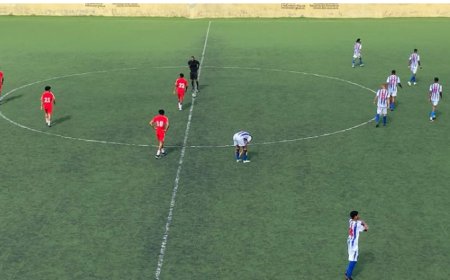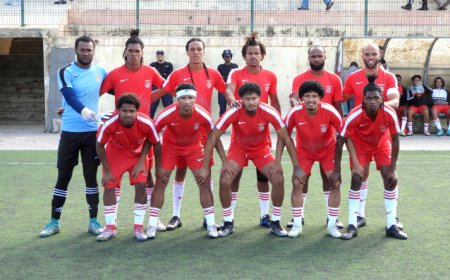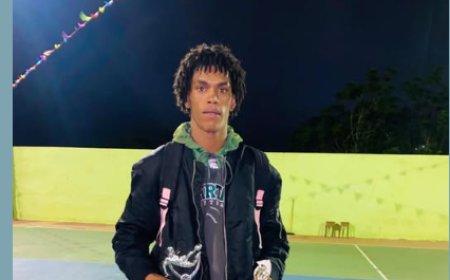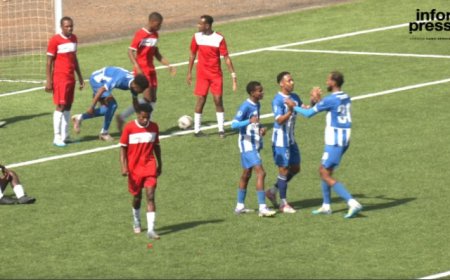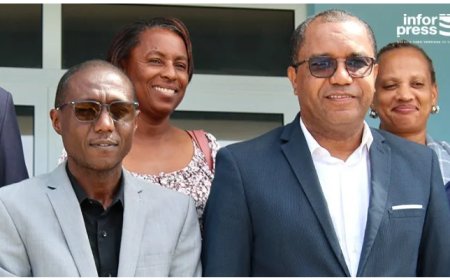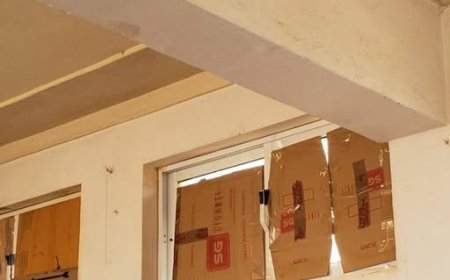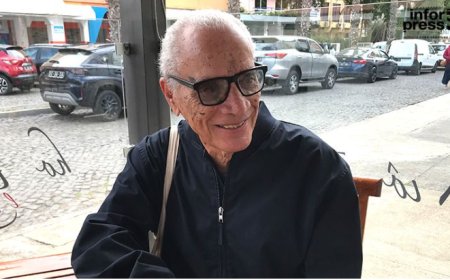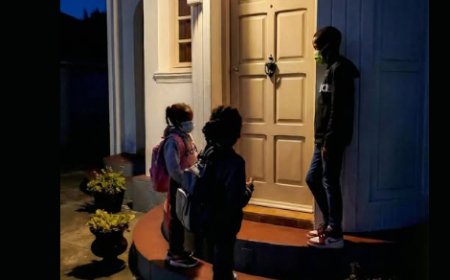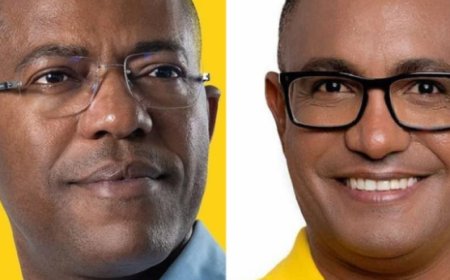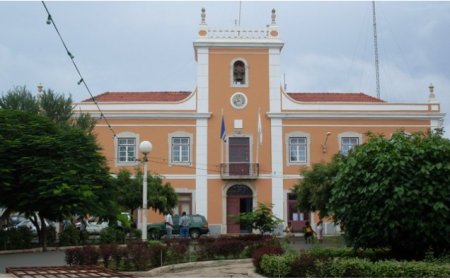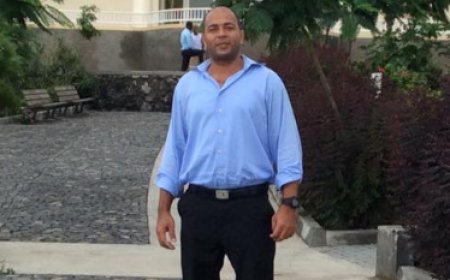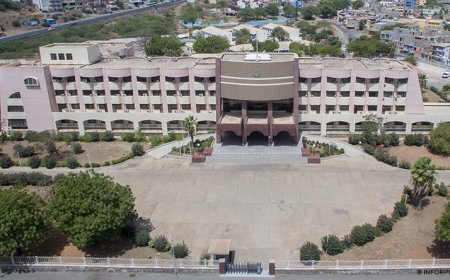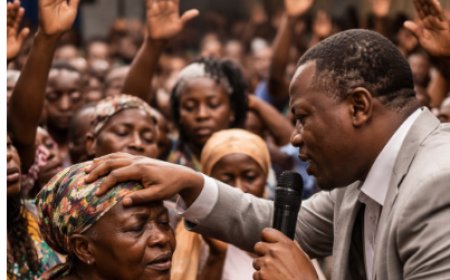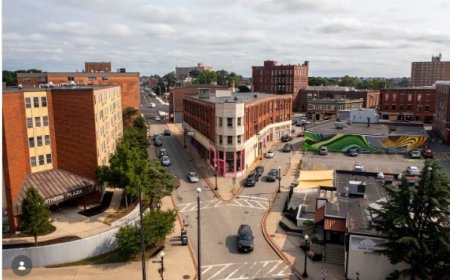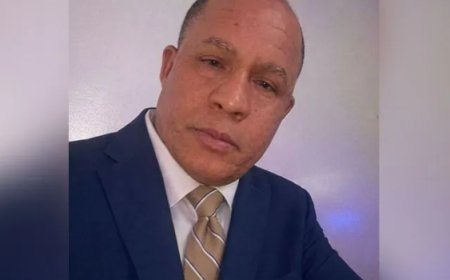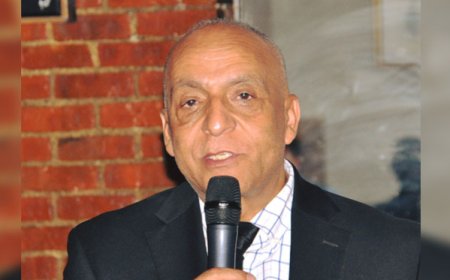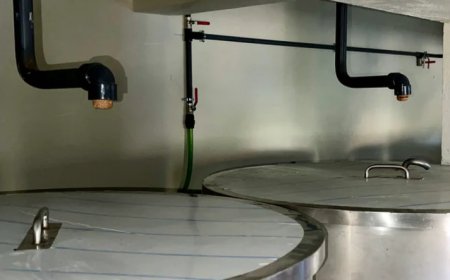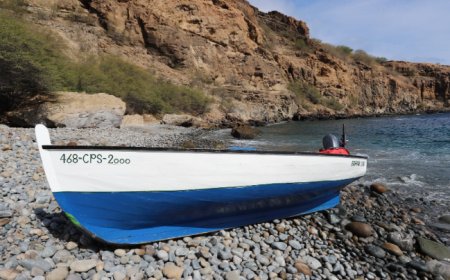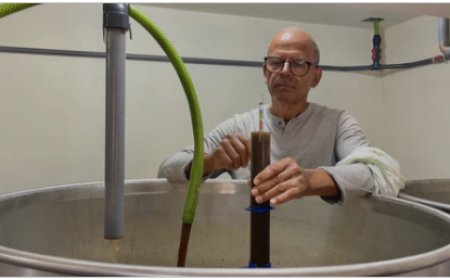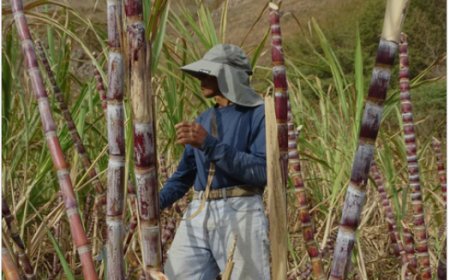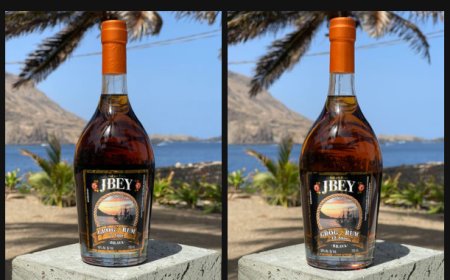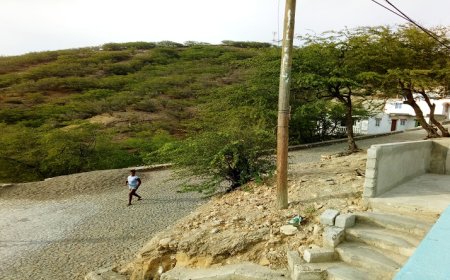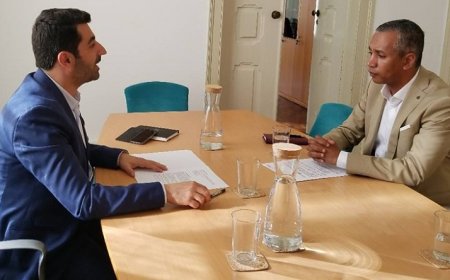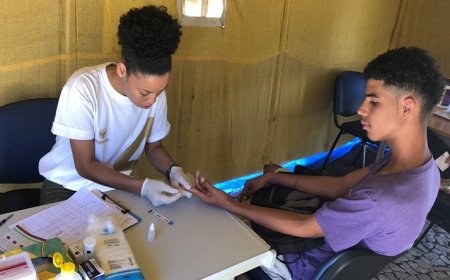Brava: Portuguese anthropologist volunteered in the environmental area and leaves the island “satisfied”
Francisca Pinheiral, 23 years old, born in Lisbon, has a degree in anthropology, who, through her desire to practice volunteering and a facebook post, ended up on Brava Island, in the Biflores association.
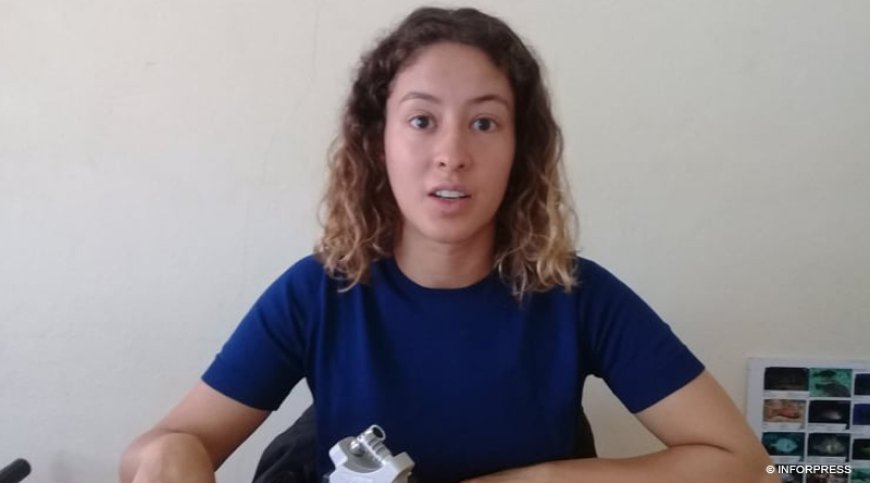
Francisca Pinheiral, 23 years old, born in Lisbon, has a degree in anthropology, who, through her desire to practice volunteering and a facebook post, ended up on Brava Island, in the Biflores association.
Inforpress went to talk a little with Francisca, who has been here since September, but who is traveling next week to her country of origin, with the feeling of “gratitude and mission accomplished”.
Asked about how she ended up here in Cape Verde and especially on Brava Island, between laughs, she said that it was a “crossing” of many different things.
Because, according to her, she always wanted to do volunteer work and a lot in the area of environmental conservation, despite having a degree in anthropology, which is more linked to human behavior.
“I always found it interesting to link this, the human component with a component linked to the environment”, said the Biflores volunteer, adding that her desire is to do a master's degree linked to human beings and the environment.
And the most curious thing is that he revealed that he arrived at Brava through a Facebook post that his sister saw on the page of a university colleague, sent it to share with anyone who might be interested.
In this case, the interested person was Francisca, who said that as soon as she saw the publication, she had no qualms and applied.
“I thought that coming to Brava Island to understand how the projects of a non-governmental organization (NGO) work was the best thing to do and besides, Cape Verde has always been a country I wanted to visit”, said the young woman.
The anthropologist found it interesting, how a publication became a reality.
“Initially I didn't know what to expect, because I didn't find many things about the island of Brava and I didn't even want to go into much depth to be a little surprised when I got here”, said the young woman, adding that she wanted to be surprised, a fact that “has come true, at least climate, population, learning, among other factors.
As for the Biflores association, he said it was very interesting, since the association is still in an embryonic phase, having followed the various steps to create and make it a “stable and consistent” organization.
He highlighted that he also had the opportunity to see how the projects are associated with the “strengthening” of the space and the team, contacting entities in England, managed to see how the collaboration between various organizations is, in addition to the playful part that he received through the coexistence with the population of Brave.
At the association, he informed that he concentrated a lot on the land project, in the preparation phase, making contacts, talking to local populations, students, with lectures, in addition to having participated in the scientific research phase, where he learned how to build a nursery and how to pass this knowledge to the population.
However, the terrestrial part did not prevent her from learning “a lot” about marine life, starting to understand more about the variety of these species, conservation, understanding how the relationship between all is essential for sustainable development.
With all this, she said, convinced that she had tried to put into practice the theoretical knowledge she had of the human part and of Brava, it would bring “a sense of calm, because in Lisbon we are always under stress and the perception that things happen in their own time” .
Notwithstanding the baggage received from relations with the population and the climate, Francisca says she takes “a lot of knowledge regarding biodiversity that she did not have before that will benefit her in the academic future, an awareness of the sensitive network for living beings, and an experience of talking with others on themes that they have already worked on for years but that need to be raised”.
MC/CP
Inforpress/End





